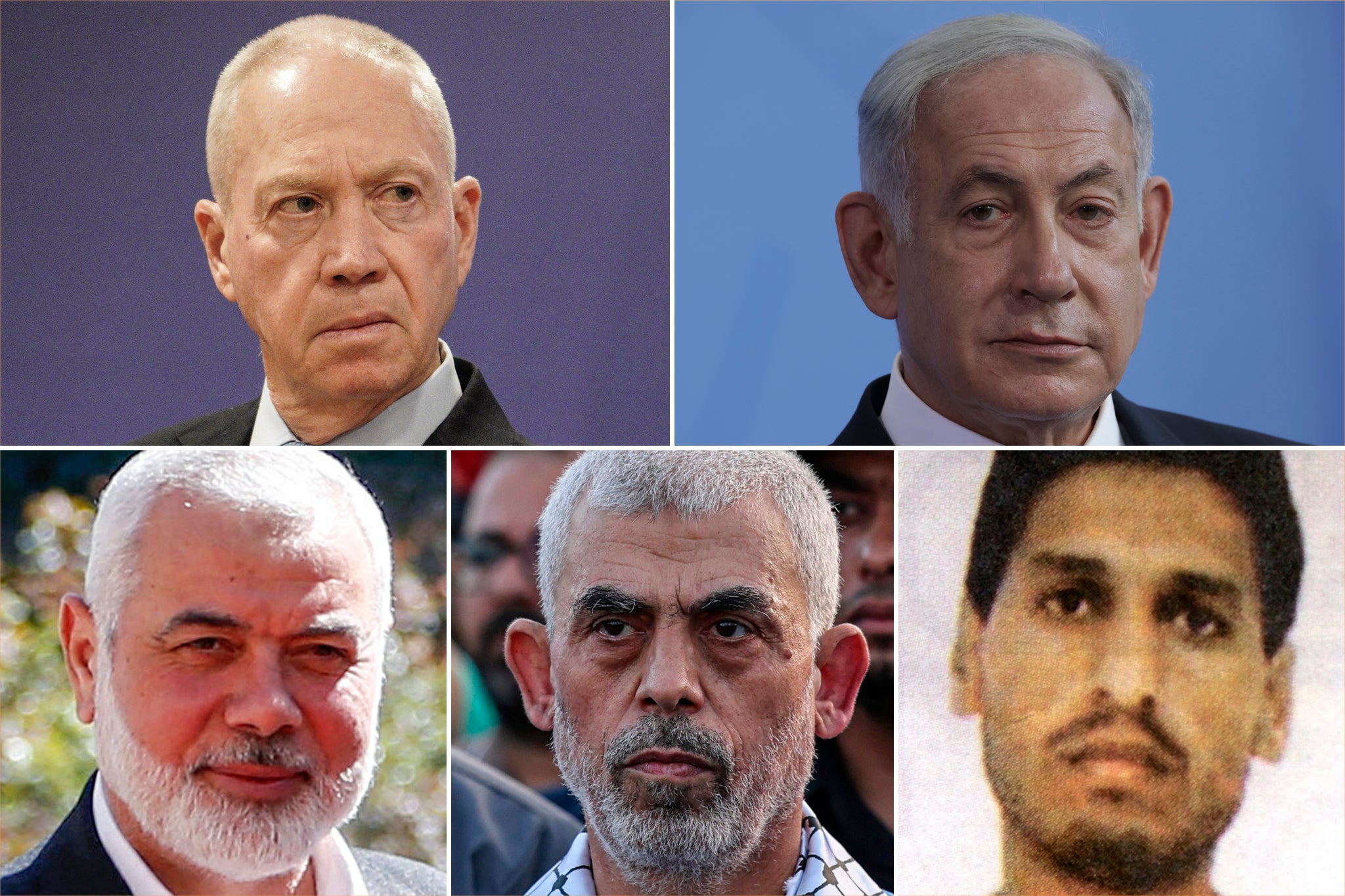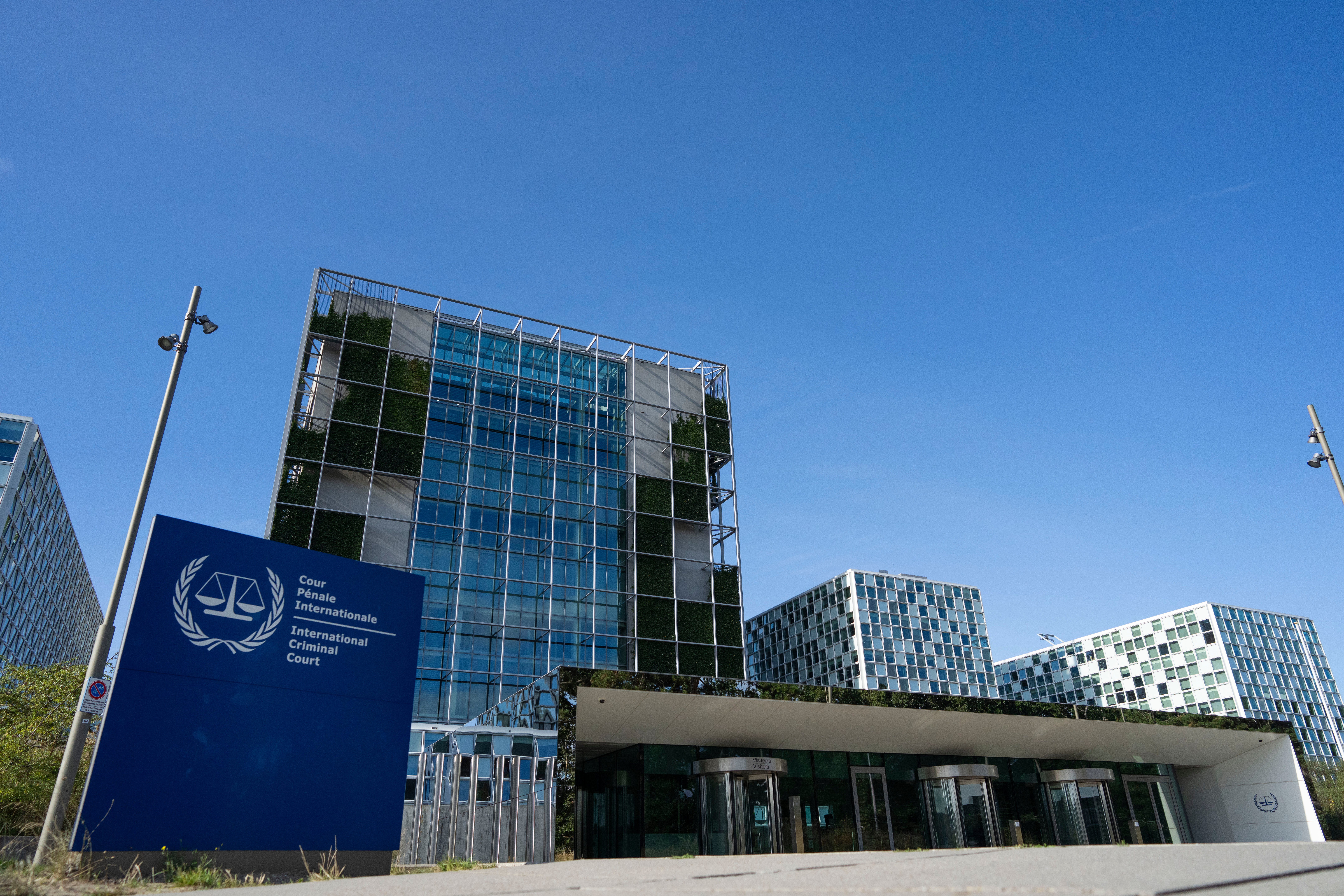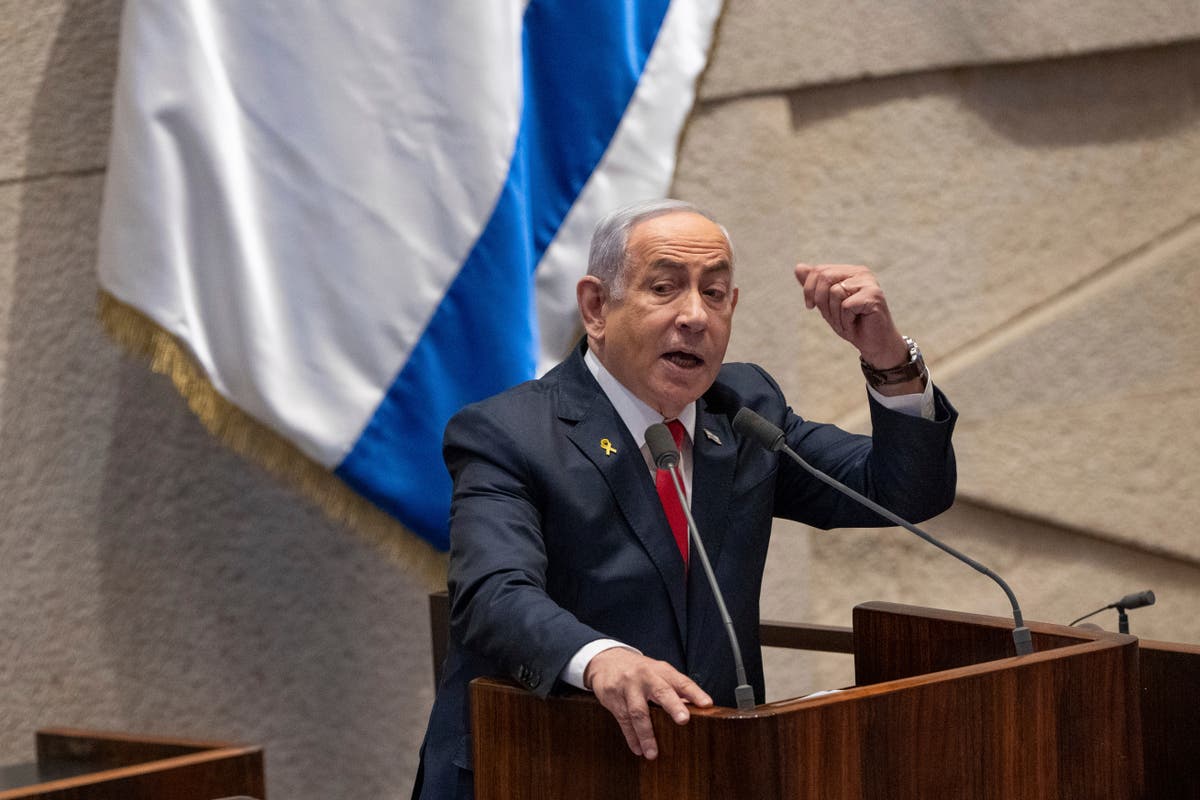The International Criminal Court (ICC) has issued an arrest warrant for Israeli prime minister Benjamin Netanyahu over alleged war crime during the conflict in Gaza.
The conflict in Gaza was trigged by an attack inside Israel by Hamas on 7 October 2023, during which around 1,200 Israelis were killed, while another 251 people were taken hostage. The ICC said it had found reasonable grounds to believe that Deif was responsible for crimes against humanity and war crimes including murder, torture, rape and hostage.
On Thursday, the ICC issued warrants for Netanyahu and his former defence minister Yoav Gallant accusing them of war crimes and crimes against humanity.
It also issued a warrant for Hamas leader Mohammed Deif, who Israel said it had killed in an airstrike over the summer, accusing him of war crimes over the attack on Israel.
Though the decision turns Mr Netanyahu into an internationally wanted suspect, the extent of the warrant’s practical implications are unclear given Israel and its major ally, the US, are not members of the court.
As the ICC issues the arrest warrants, here we explain what they are and what they mean for Mr Netanyahu:

What is an ICC arrest warrant?
The International Criminal Court in The Hague prosecutes those accused of war crimes, crimes against humanity, genocide and crimes of aggression (when a state using armed force against the sovereignty of another state). This jurisdiction is laid out in the court’s founding treaty, the Rome Statute.
The process of issuing an ICC arrest warrant begins with the chief prosecutor gathering evidence and identifying a suspect. They will then request the ICC judges to issue a warrant.
In Mr Netanyahu’s case, this was done by the court’s chief prosecutor, Karim Khan, earlier this year in May.
On Thursday, the three-judge panel issued a unanimous decision to issue the warrants, meaning Netanyahu, Gallant and Deif are wanted as a suspects to stand trial in the Hague.
The ICC chief prosecutor withdrew his request for warrants for two other senior Hamas figures, Yahya Sinwar and Ismail Haniyeh, after they were both killed in the conflict.

Why has it been issued?
The ICC said there were “reasonable grounds” to believe that Mr Netanyahu and Mr Gallant “bear criminal responsibility for the war crime of starvation as a method of warfare” and that they had “intentionally and knowingly deprived” Gaza’s civilians of food, water, medicine, medical supplies and fuel and electricity.
“The Chamber considered that there are reasonable grounds to believe that both individuals intentionally and knowingly deprived the civilian population in Gaza of objects indispensable to their survival, including food, water, and medicine and medical supplies, as well as fuel and electricity,” the three-judge panel wrote in its unanimous decision.
Aid agencies and the UN have been warning for months of an acute crisis across the Gaza Strip, with food, water, power and medical supplies all in increasingly short supply.
Shortly after the warrant was issued, Mr Netanyahu condemned it saying Israel “rejects with disgust the absurd and false actions.”
In a statement released by his office, he said: “There is nothing more just than the war that Israel has been waging in Gaza.”
Could Netanyahu be arrested?
The warrant means Netanyahu is now an internationally wanted suspect and that the ICC’s 124 member states – including the UK – would be obliged to arrest him or Gallant if they were to enter their territory.
However, the ICC itself has no police to enforce warrants – of which Israel and its major ally, the US, are not members – which means neither are likely to face judges in the Hague any time soon.
But the Netherlands’ foreign minister Caspar Veldkamp said his country was prepared to act upon the warrants, Dutch news agency ANP reported, showing that international travel will be much more difficult for both Mr Netanyahu and Mr Gallant.
Russian President Vladimir Putin, who is wanted on an ICC warrant for alleged war crimes in Ukraine, recently showed he could still visit an ally when he travelled to Mongolia, one of the court’s member states, and was not arrested.
Politically, the move is a dramatic escalation of legal proceedings and is likely to further isolate Israel and complicate efforts to negotiate a ceasefire to end the conflict.

